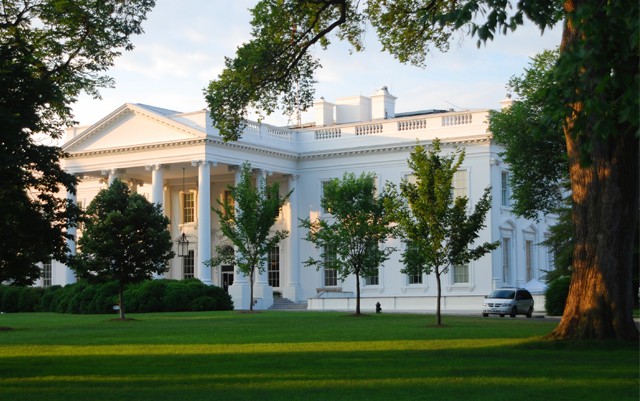There has been a lot of progress in marijuana reform over the last couple of decades – but that progress is nothing compared to everything that has changed in just the last four years. Since 2012, 4 states have legalized marijuana use on a recreational level for the first time since the 80s, after a very short time where minimum sentences were repealed in the 70s.
One of the things that could potentially harm all this progress is the introduction of a new president in the Oval Office. With a new presidential administration will come a whole new opinion on marijuana reform – and so far there are mixed feelings (where any have been discussed) among the current candidates.
In an earlier article I mentioned candidate Chris Christie claiming that he would crack down on marijuana laws on a federal level – yet lately he has claimed to be a supporter of medical marijuana. Other candidates have claimed similar to Christie in planning to come down on legal marijuana – yet other candidate’s say they would leave it up to the individual states.
With all the uncertainty, it seems that there is only one way to prevent any undoing of all the progress in the last 4 years – and that is to legally prevent a new administration from coming in and arresting people and shutting down a prosperous industry.
There have been multiple attempts at this so far, yet none have managed to pass. However, with a majority of voters, including an overwhelming number of republicans, have already made it clear that they believe it is the state’s right to legalize the plant either medicinally or recreationally.
With the whole country leaning towards keeping the State’s Rights and the impending election in November 2016, there may be a much better chance for this act to pass.
The “Respect States’ and Citizens’ Rights Act of 2015 is pretty short and simple – and it has been introduced before but never gained any momentum. The act would basically keep the federal government from being able to interfere with a state marijuana law that does not comply with the federal law.
With over half of the population in our country currently agreeing with this proposition, it really deserves a good look at by both the House and the Senate – both of whom have to pass the bill in order for it to reach the president, who needs to sign it for the bill become law.
Twice previously this act has sat untouched – but with all the inevitable changes coming to our country with a new administration, something needs to be done in advanced to prevent any unneeded controversy.






